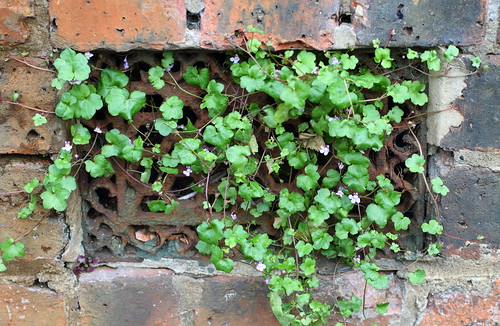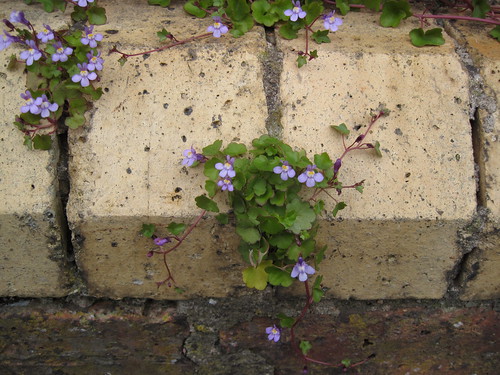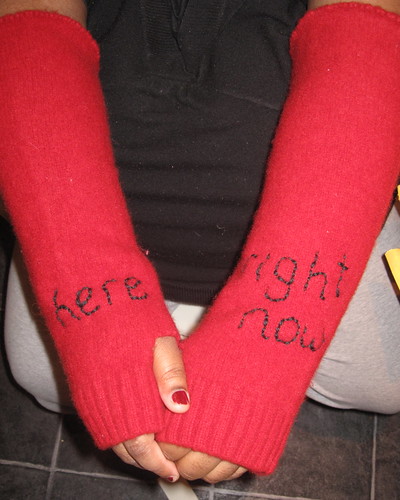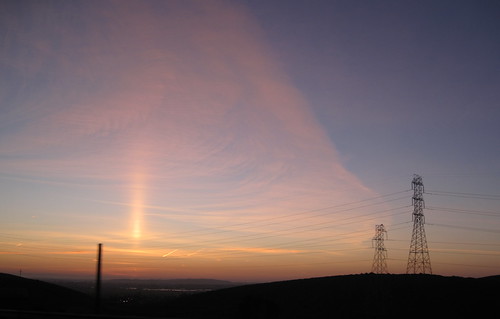I don’t actually know if it was an air rifle, a real rifle, or a BB gun. We were forbidden to touch it. EVER. I was terrified of my grandfather’s ancient gun in the front closet which was, to us, an instrument of death. Tech Boy, however, grew up with his family’s arsenal, so it was easy enough to go along when a friend I’ll call Irish asked if he’d be interested in testing for a gun safety certificate with him.
Irish didn’t grow up with guns quite like Tech Boy, but as he’s hiking the United States portion of the Pacific Crest Trail solo this summer, he’s had a niggling suspicion he should carry protection, especially since the election. As part of a “relocate your Zen” movement, long hikes are trending with new populations, and some hikers in the Bay Area have experienced the great outdoors in new and troubling ways since the new administration, and have felt unsafe. And yet: my seventy year old father hikes his solo eight miles, daily. A (white) teacher of mine solo hiked the Crest Trail every summer, from turning fifty until her retirement, with never an uneasy moment except from stepping too close to the odd rattlesnake or finding herself across a stream from a bear. It’s troubling how a simple walk in open space trails near the Golden Gate Bridge is suddenly fraught with conflict from the human species. It’s no longer negotiating the simple incivilities of the obstreperously backwards; it seems like an entirely new population has emerged from beneath Jim Crow’s graveyard rocks, dragging outdated and putrefying attitudes like a reek of decomposing flesh.
For Irish, it was the bizarre and dreadful incident on the United flight which steeply pitched the thought of taking protection on this hike from amorphous idea to an urgent determination. Raised in a typical Midwestern family, he’d identified as Michigander first, ethnicity second. But, realized that no longer mattered, if it ever did, not to racists. Irish was an infant adoption from Asia, and no longer feels invisible, American, safe.
Now there will be a gun, in a conflict on an isolated trail. A gun will certainly change things, in a stretch of deep woods, on a lonely piece of high desert scrub. But, I’m not sure I know how a gun will help. The whole thing is, honestly, troubling me.
a part of the walk
*with apologies to Henry Reed
today we have the naming of parts
yesterday was the naming of fears
tomorrow we shall have what to do
what to do if we are still afraid
but today, we have
the naming of parts
lock
stock
barrel
today, it is twenty-one hundred miles,
solo, but for the soundless steps
of bears, of birds; of catamount, crouching
tomorrow we shall meet those beasts
of whom we should be most afraid,
but today, we have the trail, the trees,
a man against nature
cartridge
shells
triggertoday it is five foot six, size nine boots hiking
twelve hours a day, seven days a week
can three thousand calories a meal
weigh in on a hiking human’s worth?
on a single heartbeat
the world turns
sulphur
charcoal
saltpetrecount back to when
we reached a time past turning
tomorrow, we shall have regret
today, we have only this
readyaim
fire










